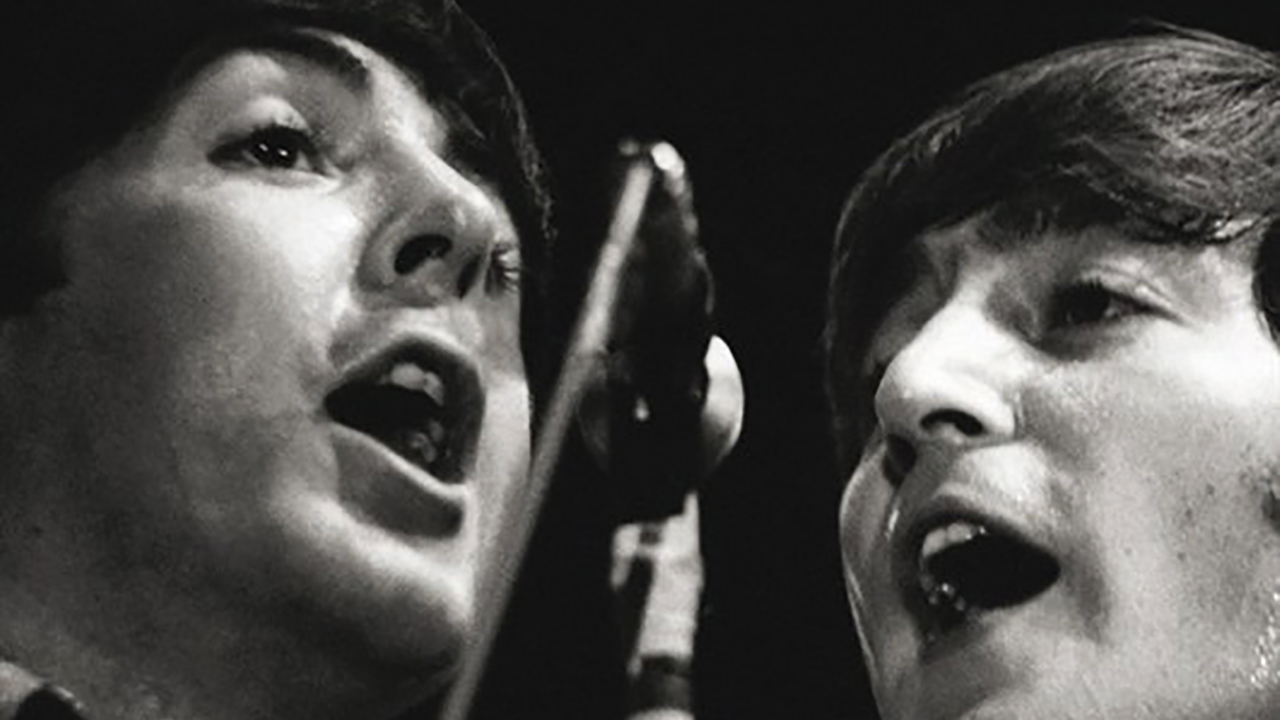You can trust Louder
Two questions were perennially posed in the news section of the weekly UK music papers that sprang up in the 70s following The Beatles’ demise as the 60s climaxed: would Elvis ever come to play the UK, and would The Beatles re-form?
White’s unrevealing history relies heavily on previously acclaimed (Ian MacDonald) and derided (Howard Sounes) sources. Former weekly music paper writers and Lennon/McCartney fellow travellers (such as the effusive Jim Keltner) are interviewed to add to fanciful but slim speculation on the long distant possibility.
- The top 10 best Paul McCartney & Wings songs
- Alice Cooper: "John Lennon understood us"
- Lennon killer sorry for being 'an idiot'
- Dave Grohl: How Taylor Swift saved me while I was high at Paul McCartney party
Possible reunion fever peaks around 1974/’75, coinciding with Lennon’s Lost Weekend and his Young Americans hook-up with Bowie. This is when White’s highly selective reading of the runes is at its most fevered. The momentum is welcome after the discursive but well-worn analysis of the pair’s professional and personal relationship, allowed by the April ’73 release of the Red and Blue compilations.
With dull predictability, at least one of the factors that led to Lennon’s Beatles exit is invoked when Yoko Ono is put in the frame as the guilty woman. Much speculation is stoked around a smoking cure John takes at Yoko’s instruction when the Lost Weekend ends. If only he’d stayed with May Pang, the lads all agree, it would have happened.
Little coverage is given to the possibility that the reason the greatest writers of their generation didn’t formalise a return was an innate realisation that their best work was always going to be behind them. Due diligence aside, Come Together hardly adds to the store of already accrued Fabs knowledge and insights.
Paul McCartney recalls drink-fuelled depression after Beatles split
Sign up below to get the latest from Classic Rock, plus exclusive special offers, direct to your inbox!
Buyer's Guide: George Martin – the legendary producer of The Beatles and more...
Late NME, Daily Mirror and Classic Rock writer Gavin Martin started writing about music in 1977 when he published his hand-written fanzine Alternative Ulster in Belfast. He moved to London in 1980 to become the NME’s Media Editor and features writer, where he interviewed the Sex Pistols, Joe Strummer, Pete Townshend, U2, Bruce Springsteen, Ian Dury, Killing Joke, Neil Young, REM, Sting, Marvin Gaye, Leonard Cohen, Nina Simone, James Brown, Willie Nelson, Willie Dixon, Madonna and a host of others. He was also published in The Times, Guardian, Independent, Loaded, GQ and Uncut, he had pieces on Michael Jackson, Van Morrison and Frank Sinatra featured in The Faber Book Of Pop and Rock ’N’ Roll Is Here To Stay, and was the Daily Mirror’s regular music critic from 2001. He died in 2022.


